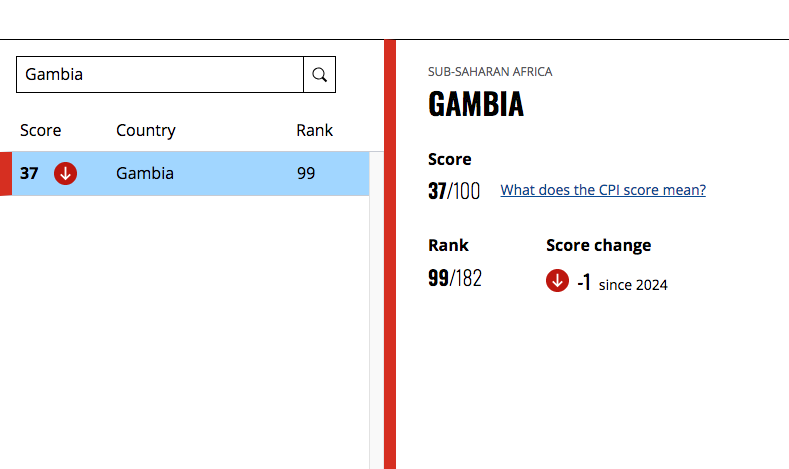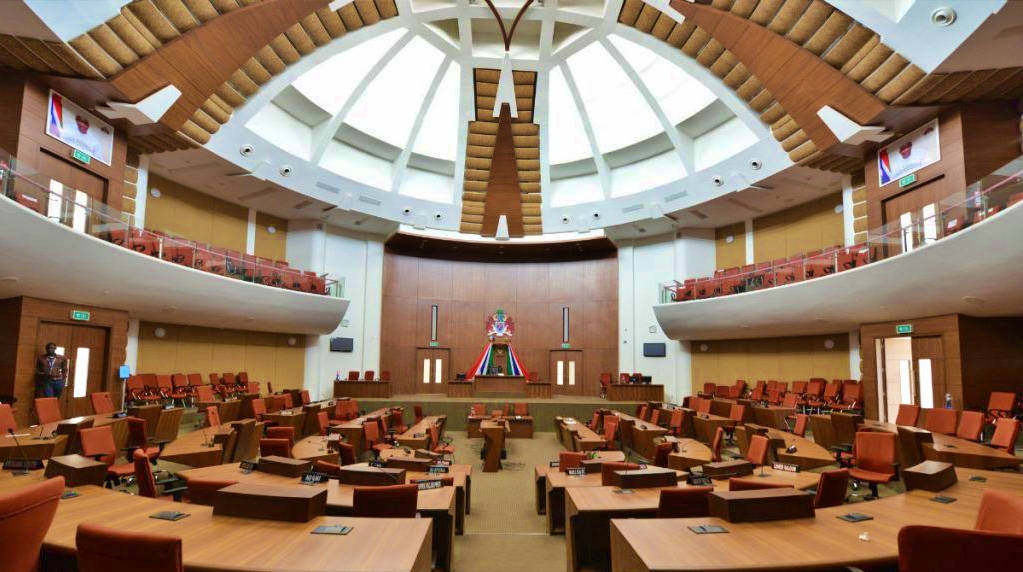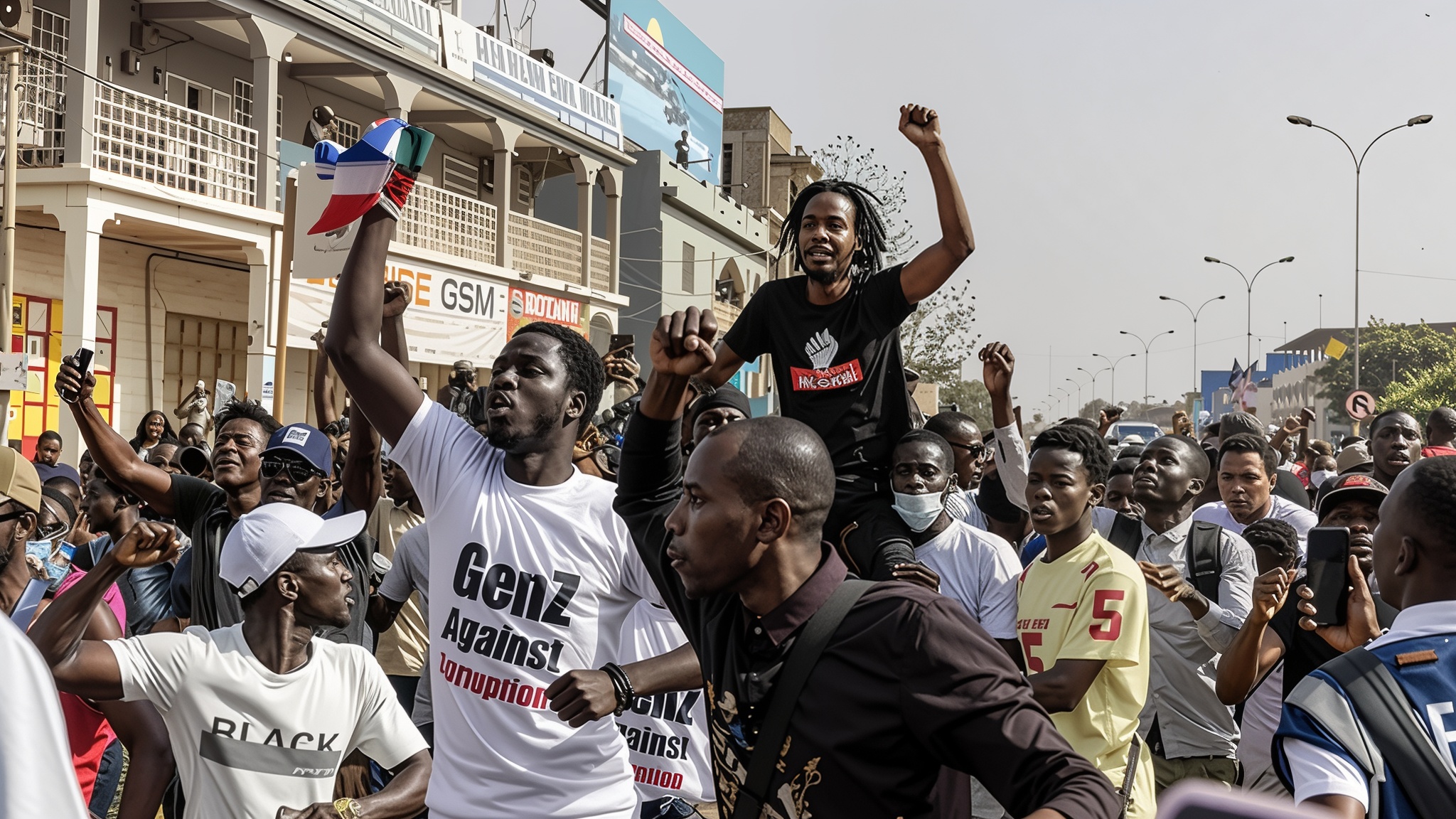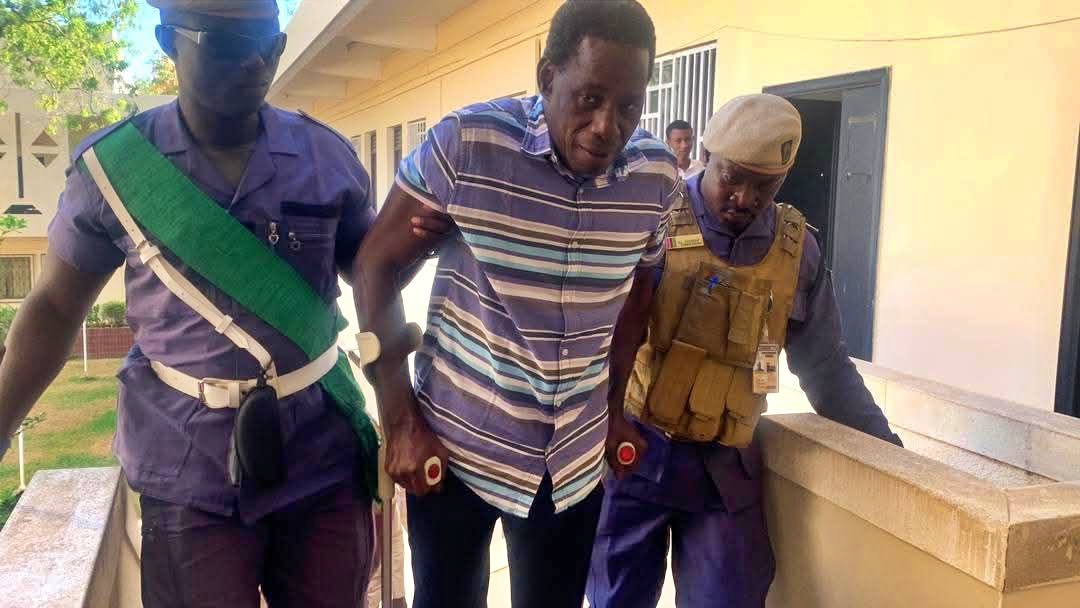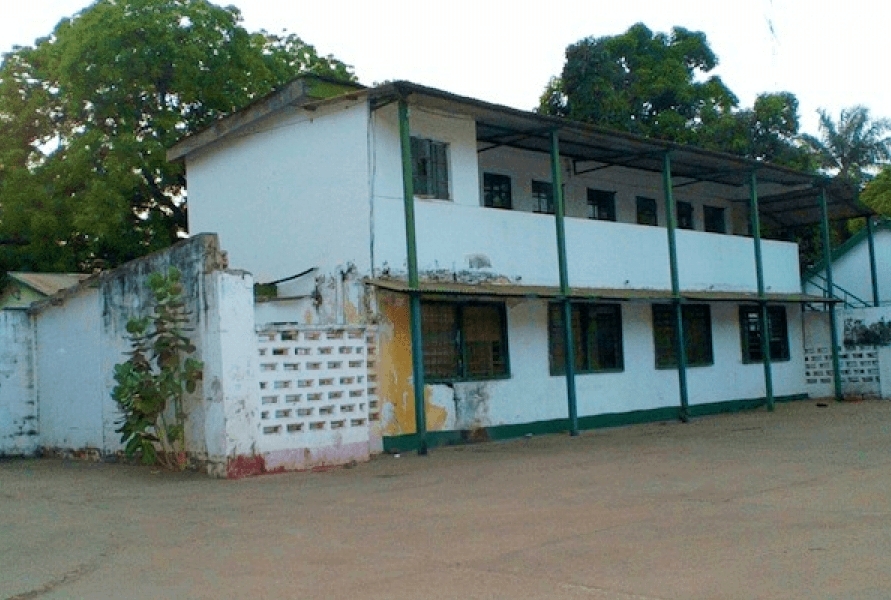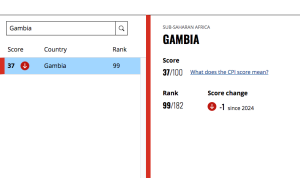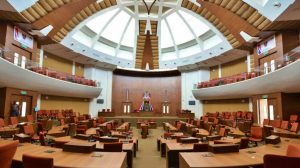BANJUL – The Gambia’s State Intelligence Service (SIS) has emerged as a case study in how intelligence institutions can be reformed to serve democracy rather than political power, following decades of authoritarian rule. This shift was underlined at a high-level event organized by the Office of National Security with support from ECOWAS, where stakeholders gathered to review the country’s evolving security architecture.
Delivering what participants described as a clear and substantive address, an SIS representative traced the institution’s historical journey while highlighting reforms designed to embed transparency, accountability, and professionalism into its operations.
Once regarded as an instrument of Yahya Jammeh’s regime survival, the SIS is now being recast as a cornerstone of The Gambia’s democratic security sector.
From Regime Tool to Democratic Actor by Investing in Human Capital
The reforms at the SIS reflect a conscious break from its politicized past. With a merit-based recruitment system and institutional restructuring through initiatives such as the National Security Belt Initiative (NaSBI), the service has decentralized its operations, upgraded regional commands, and increased collaboration with local authorities.
Officials say these measures have not only boosted responsiveness but also repositioned the SIS as an apolitical and nationally representative body, enhancing the credibility of its intelligence outputs.
Central to this transformation has been human resource development. Under the Director General’s leadership, the SIS has rolled out extensive training in intelligence tradecraft and professional disciplines.
A landmark achievement is the establishment of the SIS Academy for Security Studies (SISASS) in 2018, which has trained Gambian personnel alongside international counterparts.
Today, the SIS is recognized as having the highest concentration of graduates per capita among all Gambian security institutions. This academic and professional uplift has been crucial in shifting the mindset of its workforce, embedding the “Never Again” mantra as a safeguard against past abuses.
Strengthening Transparency and Public Trust
Perhaps the most striking change lies in the SIS’s approach to openness. The Director General now holds consultations across sectors and regularly briefs the press on national security matters—an unprecedented step in a country where intelligence was historically shrouded in secrecy.
Stakeholders at the workshop hailed this approach as key to rebuilding public trust, positioning the SIS as not just a silent observer but an accountable participant in The Gambia’s democratic consolidation.
The SIS’s reform trajectory has also boosted its international standing. The service is now a respected member of the Committee of Intelligence and Security Services of Africa (CISSA), which it chaired in West Africa for three consecutive years.
Its hosting of regional and global intelligence forums has cemented The Gambia’s place on the map of international security cooperation.
These external partnerships, officials argue, not only elevate the country’s diplomatic profile but also provide critical avenues for intelligence-sharing on transnational threats.
Calls for Legal Consolidation
Despite the progress, participants emphasized the urgency of passing the draft SIS Bill, which would provide the legal foundation to entrench reforms and ensure sustainability. Without a robust legal framework, observers warned, gains could be vulnerable to political reversals.
The consensus at the workshop was clear: in less than a decade, the SIS has transformed from a regime-centric entity into a professional intelligence service rooted in democratic values.
Its trajectory is now being viewed as a potential model for intelligence reform in Africa, where similar institutions have often struggled to balance national security with respect for human rights and democratic governance.
As one participant summed it up, “The Gambia’s SIS has not only rebranded itself but has also repositioned intelligence as an indispensable tool for democracy, not dictatorship.”



